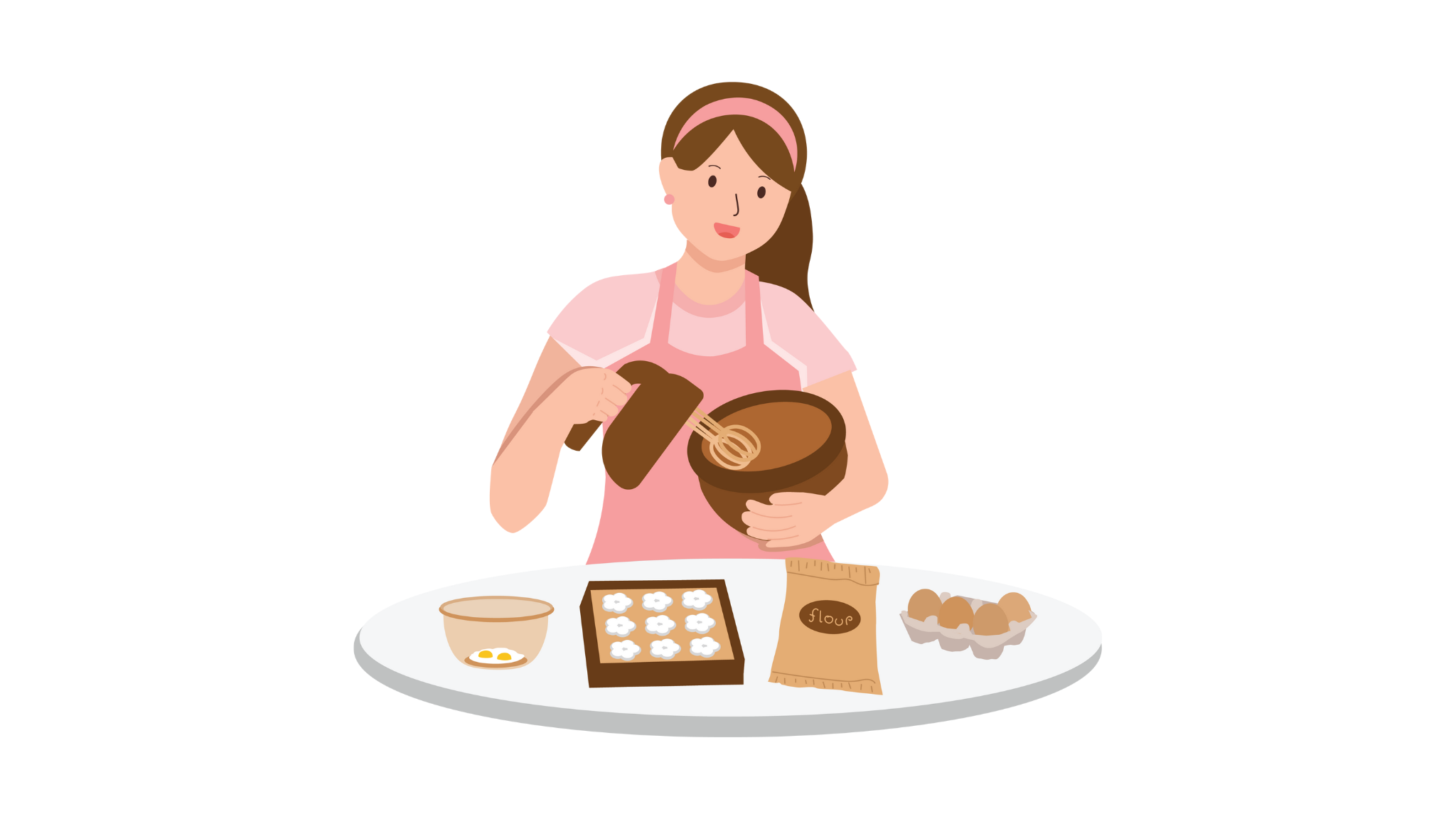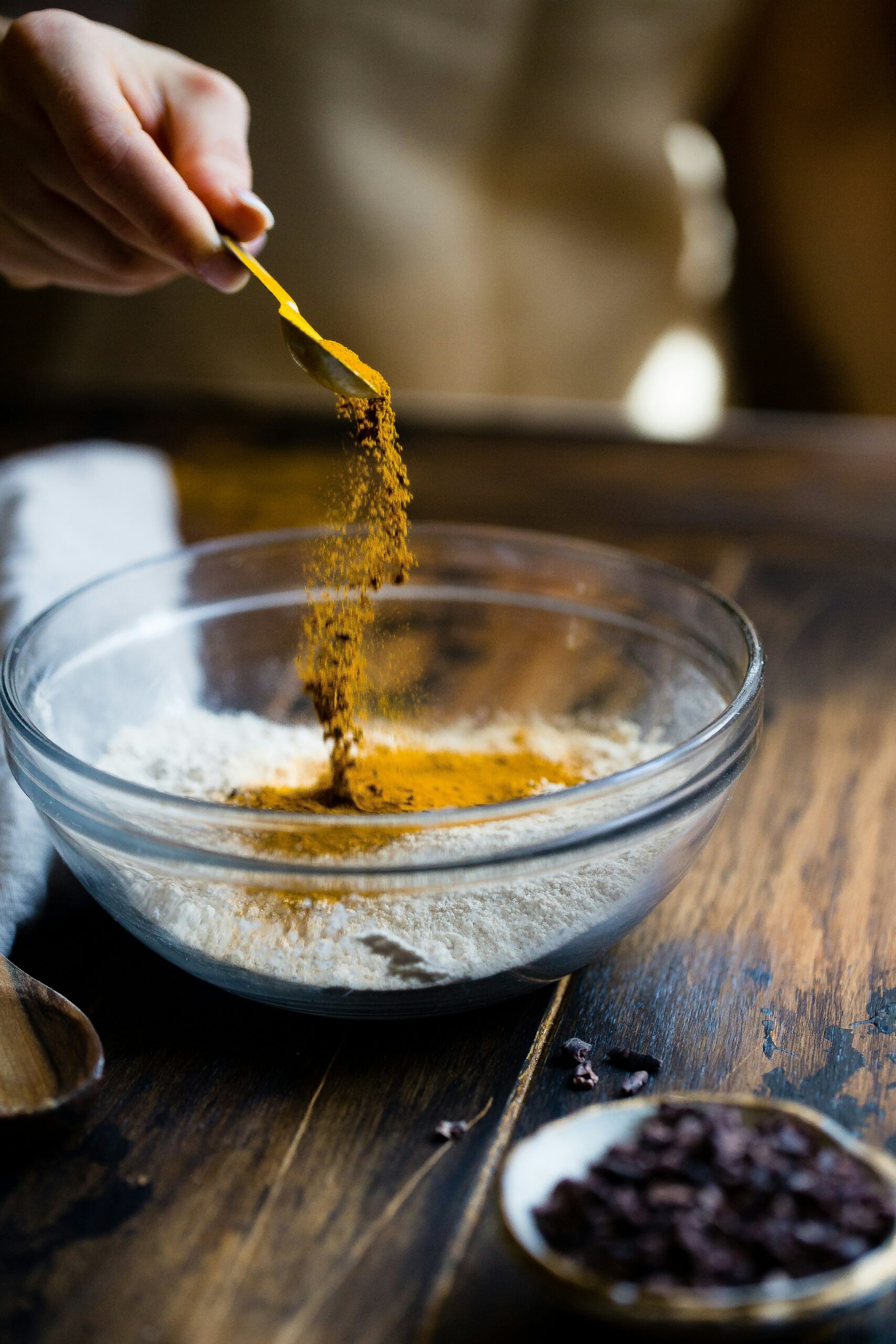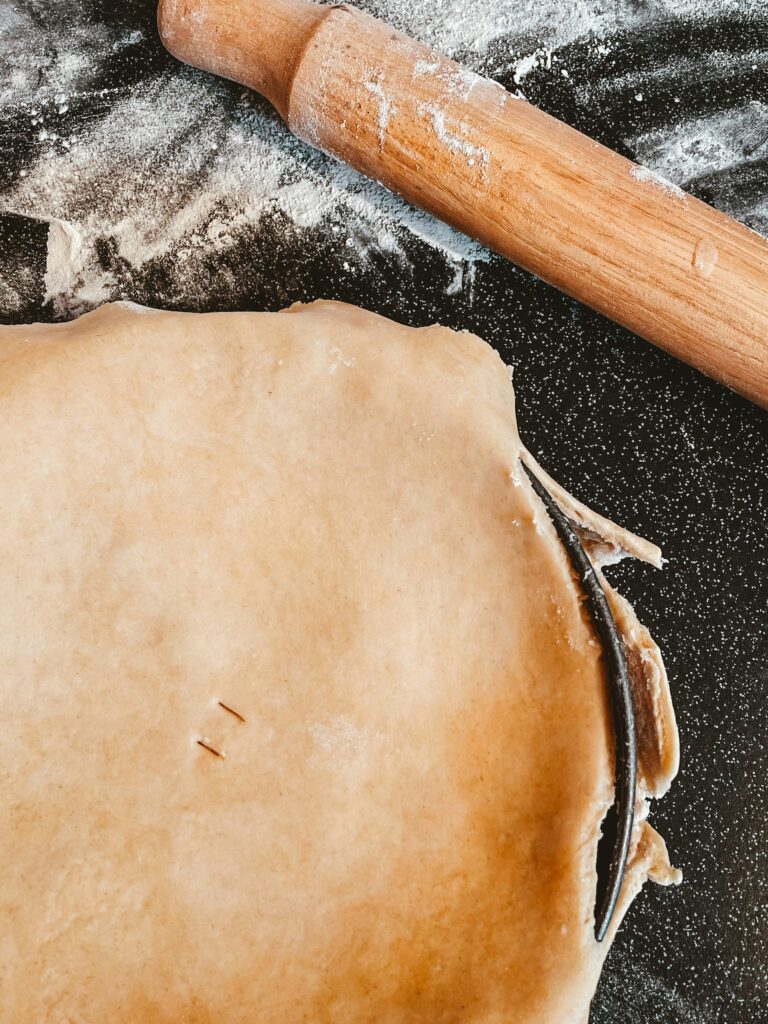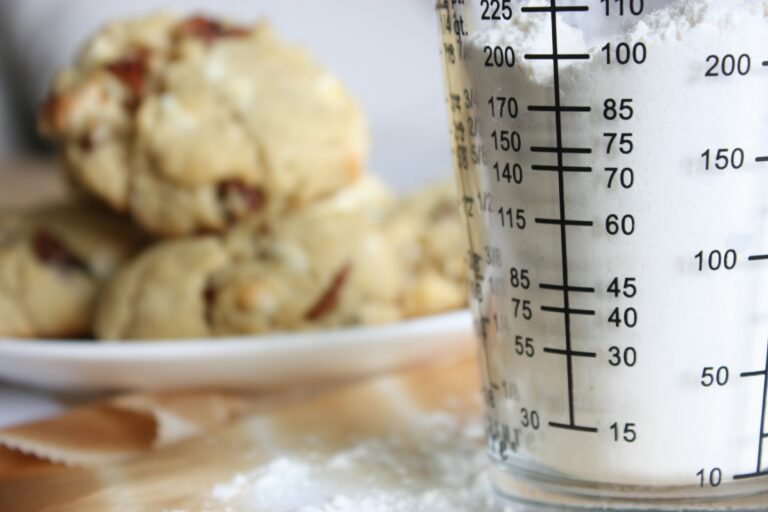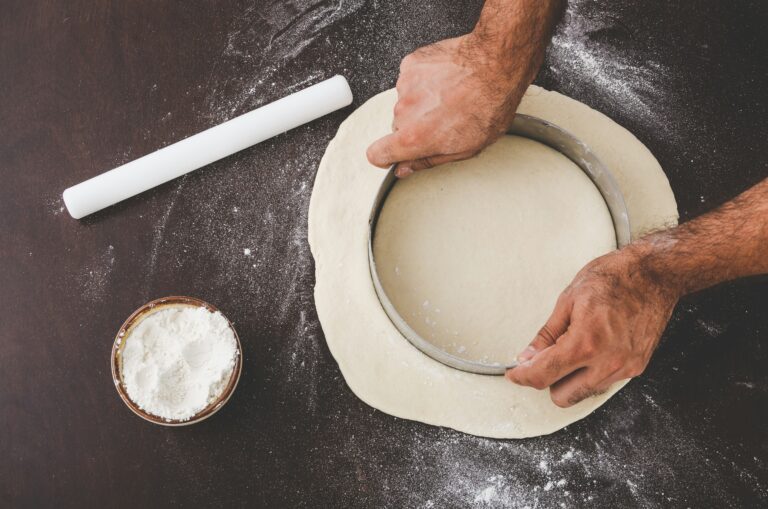Importance of Cooking Measurement
Understanding the significance of precise measurements in cooking is fundamental to achieving consistency and ensuring the desired outcome for your culinary creations.
Why Precise Measurements Matter
Accurate measurements play a crucial role in the success of a recipe. Whether it’s baking a cake, preparing a sauce, or cooking a savory dish, precise measurements provide the foundation for flavor balance and texture. In baking, for instance, even slight variations in measurements can significantly alter the final product. Understanding the role of each ingredient and its quantity is essential for maintaining the integrity of the recipe.
When ingredients are measured accurately, the chemical reactions that occur during cooking or baking are optimized. This results in dishes that are well-balanced in flavor, texture, and appearance. Consistent measurements also enable you to replicate successful recipes and experiment with variations confidently.
Impact of Incorrect Measurements
On the flip side, using incorrect measurements can lead to culinary disasters. Adding too much salt, sugar, or flour, for example, can throw off the taste and texture of a dish. In baking, using too little baking powder or soda can result in a dense and flat cake, while excess baking agents can cause a cake to collapse.
Inaccuracy in measuring liquids can affect the consistency of sauces, soups, and dressings. Additionally, measurements of herbs and spices can subtly alter the flavor profile of a dish. Understanding the impact of incorrect measurements empowers you to troubleshoot culinary mishaps and make adjustments for improved outcomes.
By recognizing the importance of precise measurements and the consequences of inaccuracies, you can elevate your culinary skills and transform recipes into delectable creations. Explore our article on cooking measurement equivalents to enhance your understanding of converting measurements and optimizing ingredient ratios in your cooking endeavors.
Essential Cooking Measurement Tips
In the culinary world, accurate measurement is a fundamental aspect that can make or break a dish. To ensure your culinary creations turn out as intended, it’s essential to follow precise measurement techniques. Here are some essential tips for mastering the art of cooking measurement.
Use the Right Tools
Proper measurement starts with using the right tools for the job. Invest in quality measuring cups and spoons made of durable materials like stainless steel or plastic. For even more precise measurements, consider using a kitchen scale to weigh ingredients accurately, especially when working with recipes that provide measurements in grams. Understanding the differences between measuring cups and scales can significantly impact the accuracy of your cooking.
Measuring Dry Ingredients
When measuring dry ingredients such as flour, sugar, or spices, it’s crucial to use the spoon-and-level method. Scoop the ingredient into the measuring cup using a spoon, then level off the excess with a straight edge, like the back of a butter knife. Packing the ingredient into the cup can lead to inaccurate measurements, impacting the texture and consistency of your dish. Learn how to measure flour correctly to ensure baking success.
Measuring Liquid Ingredients
For liquids like water, milk, or oils, always use a liquid measuring cup with clear markings on the side for accurate measurement. Place the cup on a flat surface and read the measurement at eye level for precision. When dealing with viscous liquids like honey or syrup, coat the measuring cup with cooking oil or cooking spray to allow the liquid to pour out smoothly and completely.
Properly Measuring Ingredients like Herbs and Spices
Herbs and spices play a significant role in flavoring dishes, but their potency can vary based on how they are measured. To measure finely chopped herbs or ground spices accurately, use a measuring spoon leveled off with a knife. When a recipe calls for whole herbs or spices, consider using a digital scale to weigh them for precise quantities.
Tips for Accurate Measurement Conversion
Converting measurements between volume and weight can be challenging but essential for maintaining consistency in your recipes. Familiarize yourself with common cooking measurement equivalents to ensure accurate conversions. Understanding volume versus weight measurements and how to convert grams to cups can streamline your cooking process and help you achieve consistent results.
By incorporating these essential measurement tips into your cooking routine, you’ll enhance the precision and reliability of your culinary endeavors. Whether you’re a novice cook or a seasoned chef, mastering the art of accurate measurement can elevate your dishes and showcase your culinary skills to the fullest.

